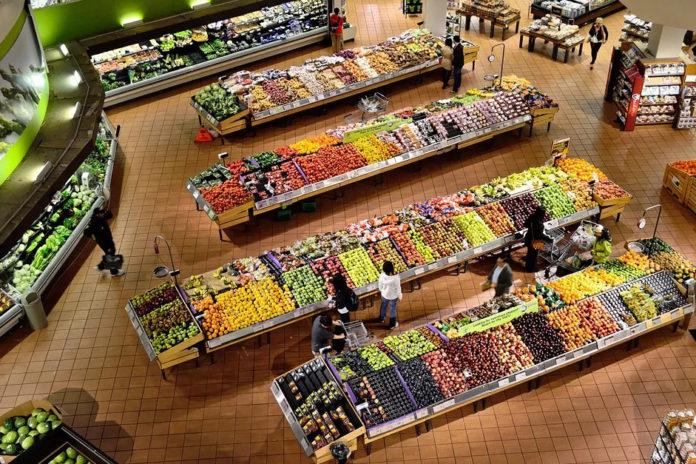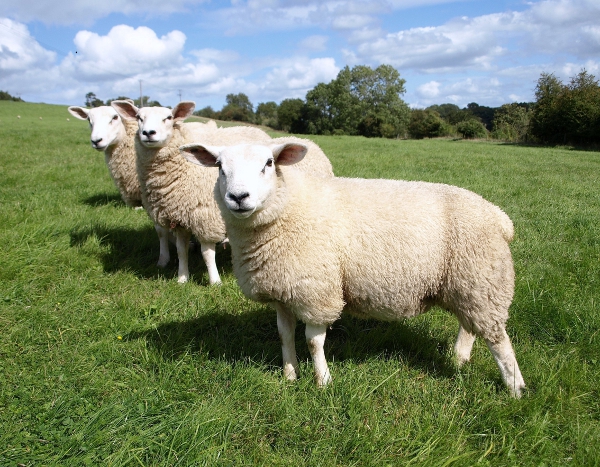
The new bill mandates Bulgarian supermarket chains with more than 10 locations to offer locally produced products.
It seeks to ensure an interrupted food supply chain in the country based upon the Council of Ministers’ decree №70. The bill also addresses some contradictions with the current state of emergency. Some of the legal changes in the bill concern the legal definition of the supermarket chains in the country and the social distance practices that have to be made possible.
Fines range from 15,000 to 25,000 Bulgarian levs for first and between 30,000 and 50,000 Bulgarian levs for a second violation of the bill. The implementations of the new measures are monitored by the Bulgarian Food Safety Agency.
The legal changes won’t affect the delivery chain system and seek to provide more support for the local producers in the country.
Council of Ministers’ decree №70 calls for more free space in front of the supermarket’s shelves and requires local production to be easily identifiable. The locally produced food products that become mandatory in the Bulgarian supermarkets include milk and milk products, fish, meat, eggs, honey, and a number of fruits and vegetables.
Each supermarket is required to buy off local production from its region of operations with the capital city of Sofia and the city of Plovdiv forming a single agricultural market. Eligible farmers must fall under the national Farmers Support Act or to be running a farm registered under the Bulgarian Food Act.
















